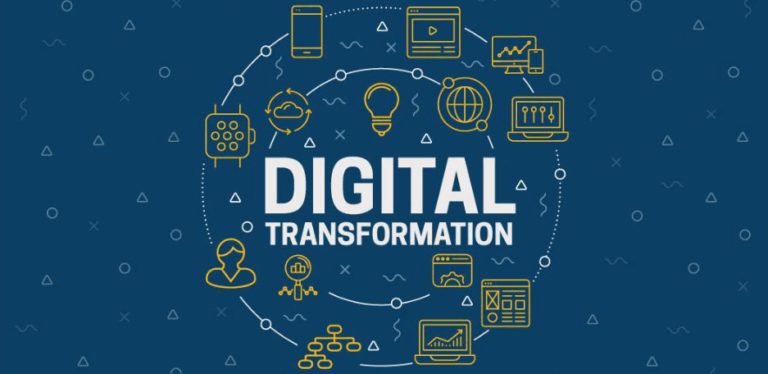How Digital Transformation Is Improving Healthcare Systems
Digital transformation is redefining healthcare systems by leveraging advanced technologies. Artificial intelligence improves diagnostics and treatment accuracy, while telemedicine enhances patient access to care. Electronic health records streamline information sharing among providers, fostering better coordination. As these innovations take root, they raise important questions about the future of patient engagement and data utilization. What implications do these changes hold for the evolving landscape of healthcare delivery?
The Role of Artificial Intelligence in Healthcare
As the healthcare industry undergoes significant digital transformation, the integration of artificial intelligence (AI) emerges as a pivotal factor in enhancing patient outcomes and operational efficiency.
Predictive analytics allows providers to anticipate patient needs, while virtual assistants streamline administrative tasks, enabling healthcare professionals to focus on care delivery.
This synthesis of technology fosters a more dynamic and responsive healthcare environment, promoting liberation from traditional constraints.
Enhancing Patient Engagement Through Telemedicine
The adoption of telemedicine represents a significant advancement in patient engagement, building upon the technological foundations established by artificial intelligence in healthcare.
Through remote consultations, patients gain access to healthcare professionals from the comfort of their homes, fostering a sense of autonomy.
Furthermore, integrating patient feedback into these interactions enhances the quality of care, ensuring that healthcare systems align more closely with individual needs.
See also: How Digital Transformation Is Impacting the Retail Sector
The Impact of Electronic Health Records on Care Coordination
While the implementation of Electronic Health Records (EHRs) has transformed the landscape of healthcare, their true impact on care coordination is particularly noteworthy.
EHR interoperability facilitates seamless information exchange among providers, enhancing care team collaboration. This interconnectedness allows for timely updates and comprehensive patient insights, ultimately leading to improved patient outcomes and more efficient healthcare delivery.
The benefits extend beyond individual practices, promoting holistic care.
Data Analytics: Transforming Decision-Making in Healthcare
Although many healthcare organizations have long relied on intuition and experience for decision-making, the advent of data analytics has fundamentally shifted this paradigm.
Predictive analytics empowers providers to anticipate patient needs, improving outcomes. Furthermore, data visualization tools enable clear, actionable insights from complex datasets, facilitating informed choices.
This transformation fosters a more responsive, efficient healthcare system, ultimately enhancing patient care and operational effectiveness.
Conclusion
In conclusion, digital transformation is decisively driving dynamic developments in healthcare systems. By harnessing the power of artificial intelligence, telemedicine, and electronic health records, the sector is seeing improved patient participation and precise care coordination. Data-driven decisions are fostering a future where healthcare is more responsive and tailored to individual needs. As these technological trends continue to thrive, the promise of a more proficient, patient-centered paradigm in healthcare becomes increasingly palpable and powerful.






